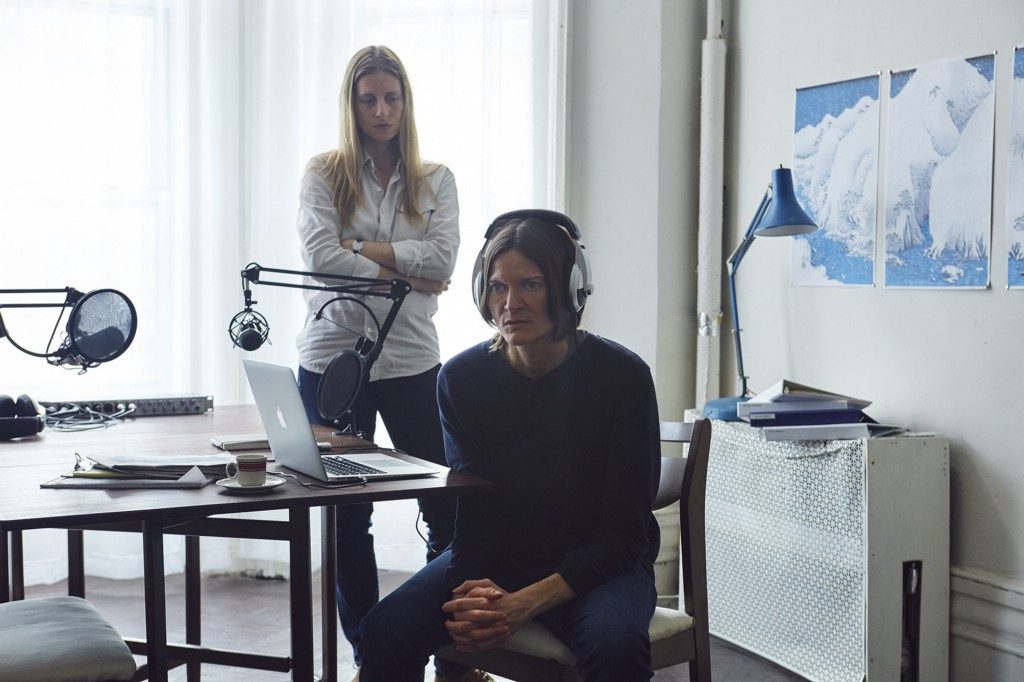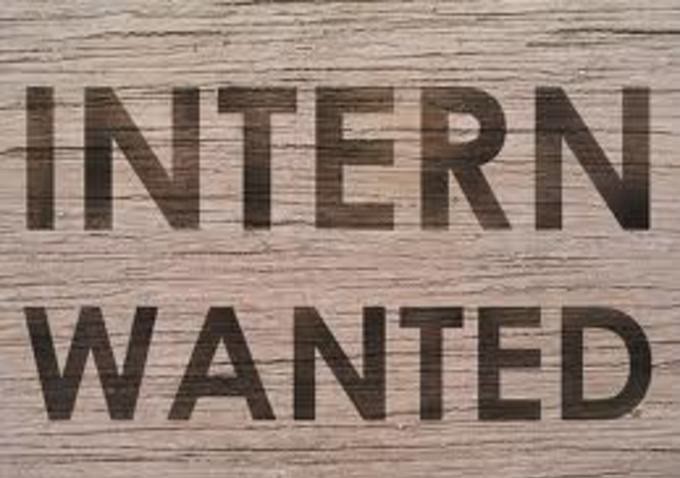Ingrid Jungermann created the WGA-nominated web series “F To 7th,” featuring Amy Sedaris, Michael Showalter, and Gaby Hoffmann, and co-created “The Slope.” She received her MFA at NYU Graduate Film School.
“Women Who Kill” hits theaters July 26 and VOD August 29.
W&H: Describe the film for us in your own words.
IJ: A love triangle between two true crime podcasters and a potential murderer.
W&H: What drew you to this story?
IJ: It was a mix of my unhealthy obsession with “Serial,” my history of failed relationships, and a desire to deconstruct romantic comedy structure. I wanted to make a movie that felt both familiar and foreign and tap into the universal problem of loneliness.
W&H: What do you want people to think about when they are leaving the theater?
IJ: I want them to think about fear and how, if we let it, it can control our every move. Sometimes before I know it, I’m making decisions, beginning or ending relationships, or adopting politics based on my need to protect myself.
I think if we could all move more into an empathetic state of being rather than a fear-based, self-preservation state, we’d all be a little less lost.
W&H: What was the biggest challenge in making the film?
IJ: Outside of the fact that making a low-budget indie is nearly impossible, I would say the biggest challenge is the rollercoaster of emotions you have to go through as a director. I had to learn that success is just a string of failures. Even though I comprehend that idea now and I can say it out loud, the next time I make a film I will forget. So the challenge is remembering that what I’ve chosen to do with my life is based in perpetual struggle.
W&H: How did you get your film funded? Share some insights into how you got the film made.
IJ: I spent a couple of years on the script, then tried to get it made and couldn’t. Then I spent another year or so on the script, tried to get it made and couldn’t. Then I made something else, tried to get it made and finally found a few private investors to help make it happen.
Finding money for your work is based on building relationships and trust, continuing to do the work, and not taking “no” for an answer. At this point in my career, after hearing “no” over and over, the word loses its luster.
W&H: What’s the biggest misconception about you and your work?
IJ: What always gives me pause is the general misconception that any of this, on any level, is cheap and easy. It is not. “Cheap” is code for “let’s not pay anybody” and “easy” means you’re being lazy or you’re telling a story that’s been told a million times before.
W&H: What’s the best and worst advice you’ve received?
IJ: Advice is a finicky thing. I’m pretty stubborn, so I tend to be weary of “experts” or anyone who tells me this is the way to do it. I’m even weary of myself when I think I have the right to offer advice. So I’d have to say I listen to my cast and crew. I’ve learned so much from my collaborators and all of them — whether it’s been a good experience or bad — have made me a better filmmaker.
The worst advice is “You need a lead character that is a straight male or you can’t sell this.”
W&H: What advice do you have for other female directors?
IJ: Oh gosh. Advice. I can tell you one thing I have battled over the years. Women are taught from a very early age that we should not take up space — that we are secondary and that our voices are an afterthought. And we believe it because it’s in our thread. We’re up against history here — generations of oppression. It’s not an easy habit to break.
When I feel that burning need to please and I am lucky enough to recognize it, I just stop. I take a breath. I take a few seconds to gather myself, even leave the room if I have to. You simply state what you want and wait. Don’t backpedal, don’t keep talking, don’t change your mind. Sit with that painful feeling of asking for what you want and it will eventually, very slowly, get slightly easier. Of course, then it will happen again and you will fail miserably, but you can’t be too hard on yourself about this process. Change hurts.
W&H: Name your favorite woman-directed film and why.
IJ: That’s a tough one. So many. I suppose because I’d never seen anything like it before and haven’t since, Chantal Akerman’s “Jeanne Dielman, 23 Commerce Quay, 1080 Brussels.” It is awe-inspiring and leaves me speechless.
Mary Harron’s “American Psycho” is incredible in that I have no idea how she nailed such a specific, strange tone. It’s an insane combination of film and theater and it brings me joy when someone can capture an impossible blend of hilarity and darkness. Bret Easton Ellis owes her a lot.







